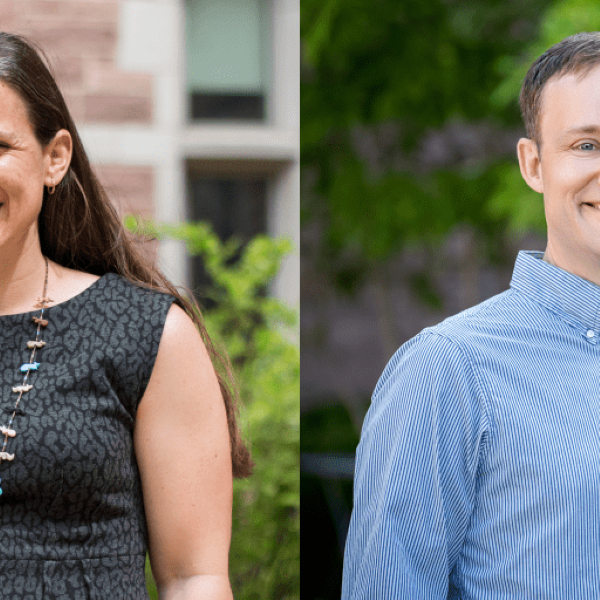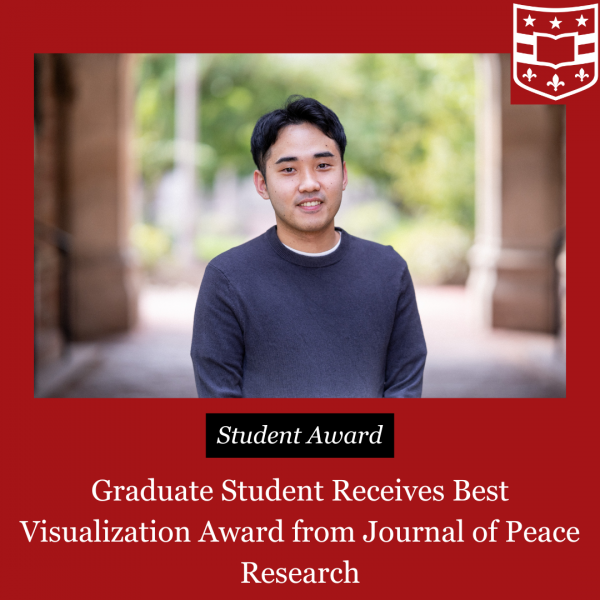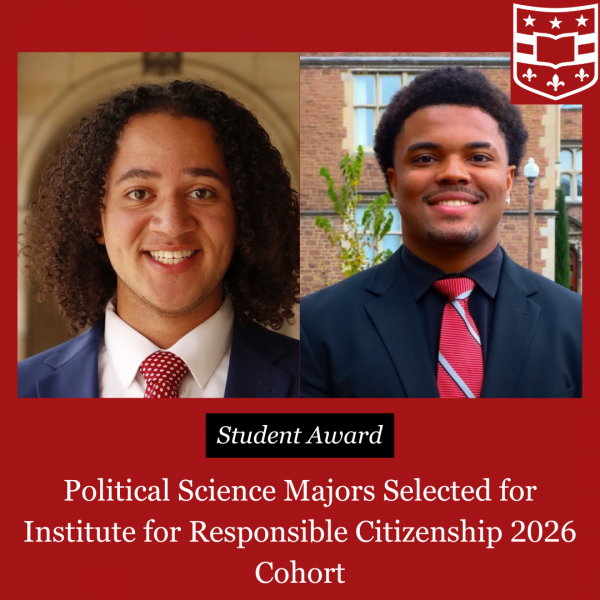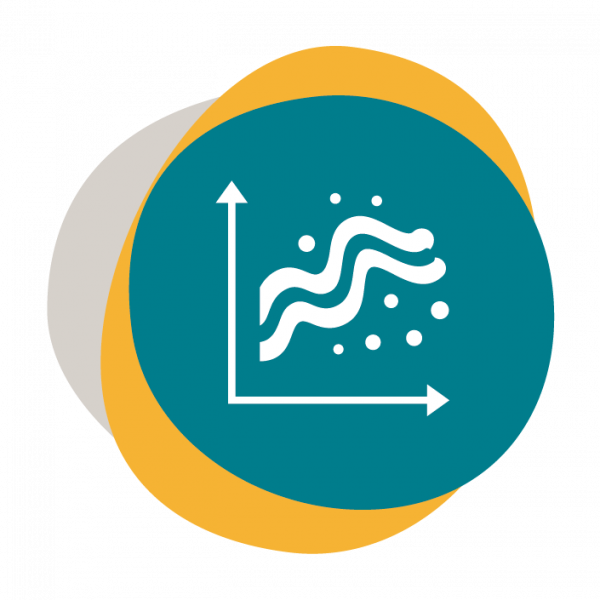The two-year grant will help three political scientists at Washington University analyze millions of political social media posts and survey democratic citizens.
New grant funding secured by the Transdisciplinary Institute in Applied Data Sciences (TRIADS) at Washington University in St. Louis will support a comprehensive study into the global rise of populism, including its origins, mode of spread, and consequences. The project is led by Jacob Montgomery, TRIADS director and professor of political science, Margit Tavits, the Dr. William Taussig Professor in Arts & Sciences, and Christopher Lucas, assistant professor of political science.
Carnegie Corporation of New York has awarded TRIADS with a $330,000 grant, which will fund a multilingual study of social media posts made by political parties, candidates, and party coalitions around the world. Using new artificial intelligence tools for text and image analysis, TRIADS will study millions of political posts in more than two dozen languages. The research team aims to measure the prevalence of populist rhetoric and monitor how it spreads within and between political parties. This particular grant will enable the team to explore how populism can extend across national borders, as well as the specific role of cross-national party alliances in fostering and combating its spread.
The team will also survey citizens in four different democracies to understand whether populist rhetoric elicits more extreme negative emotional reactions in voters.
The grant extends through the end of September 2025.
“Populism is an increasing concern in democracies around the world,” Montgomery said. “It’s often understood as a potential threat to democratic practices, but scholars are still uncertain about populism’s effects and when and why it arises. Our project moves us toward a more complete understanding of populism, with the ultimate goal of helping find ways to better sustain democratic systems across the globe.”
A signature initiative of the Arts & Sciences Strategic Plan, TRIADS focuses on leveraging the resources of the computational age to address pressing social issues.
Carnegie Corporation of New York is a philanthropic foundation created by Andrew Carnegie in 1911 to do “real and permanent good in this world.”




